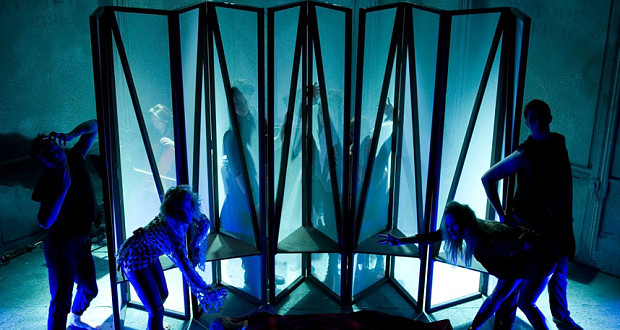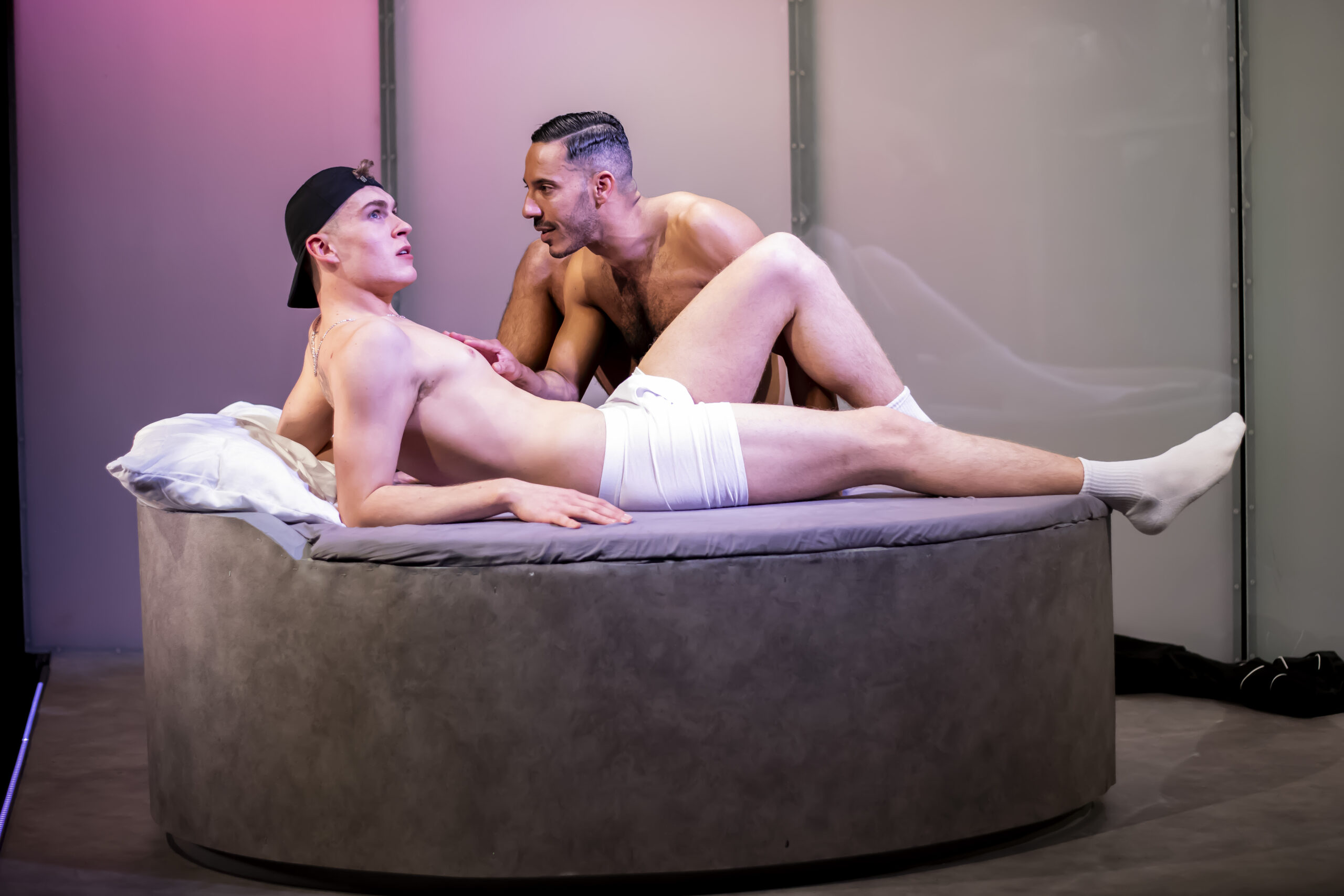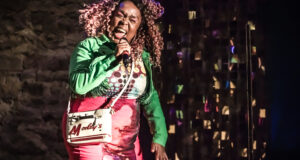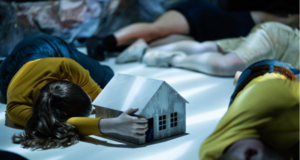Pros: A super talented cast, atmospheric set design and live music creates a pleasing air of enchantment throughout.
Cons: The limited performance space slightly restricts the potential of the piece. This skilful revival of a British faery opera inspired by Celtic mythology is a centenary production well worth seeing.
Summary
Rating
Excellent
Rutland Boughton’s The Immortal Hour is a magical faery tale about the transience of life and desire. The Lord of the Shadows, Dalua, bewitches two mere mortals, princess Etain and a King Eochaidh, into falling in love, for no other reason than to enjoy watching it perish. The faeries here are not of the Tinkerbell variety, but are instead of strident and formidable Celtic sort.
The production history of The Immortal Hour is quite staggering. It’s been fifty years since the show was last performed in London, and one hundred years since its first production at the inaugural Glastonbury Festival in 1914. What’s more, it still holds the world record for a continuous run of any serious opera written by an Englishman; its London production in 1922 enjoyed a run of over 600 performances. Needless to say, this centenary production revival at the Finborough Theatre has a lot to live up to, and I’m glad to say it didn’t disappoint.
The set design and blue-green hazed lighting does all it needs to create the mysterious and foreboding forest of the first act. Whistling wind and the sound of faeries’ voices can be heard through a soundtrack. Four musicians line the back wall of the stage, with their live music (consisting of keyboard, flute/piccolo, clarinet and cello) adding plenty to the air of enchantment. Tall gauze panels function as the trunks of trees that the invisible spirits hide behind as they mock Dalua, whose touch brings madness and death to mortals. The performers put the panels to good use, moving them throughout for the different scenes, as they used their bodies to represent the fountain of knowledge and later the commoner’s hut, where the Etain and Eochaidh meet and fall instantly in love.
The cast is a seasoned bunch, and perform the ballads and choral numbers beautifully. As the devious Dalua, Stíofan O’Doherty displayed a surprisingly deep and smooth bass voice that rumbled deliciously when invoking Destiny. The voices of the lovers were well-matched; the role of the beguiled princess Etain was sweetly sung by Michelle Cornelius, while Jeff Smyth as the High King of Éire, gave us dignity and sorrow. Thomas Sutcliffe graced the stage as the immortal Midir who turns up to reclaim the lost love of Etain and sang with a spirited tenor that makes clear why the princess is soon ready to discard her newly-acquired royal crown.
The standout costumes were definitely Dalua’s imposing leather and black shawl, along with Midir’s otherworldly white face paint and eerie single white coloured contact lens.
Having to incorporate the musicians at the back of an already small stage allows for limited performance space, so the cast often have to rely on facial gestures at points where more movement might be more effective. Still, despite some static moments, the build to the second half was well worth it. I was completely pulled in by the ballad song, ‘How Beautiful They Are” and the unfolding of the Midir-Etain-Eochaidh love triangle.
Overall, the live music, excellent cast performances and the comfort of a great London pub and theatre made the show a really enjoyable evening. As this 90 minute production is part of the Finborough Theatre’s series’ Celebrating British Music Theatre and The Great War 100 that seeks to commemorate the centenary of the First World War, it’s a good opportunity for newcomers to music-drama to give this artform a go.
Composer: Rutland Boughton
Libretto: ‘Fiona Macleod’ (William Sharp)
Director: Benji Sperring
Producer: Tarquin Productions
Booking Until: 26th August 2014
Booking Link: http://www.finboroughtheatre.co.uk/productions/2014/the-immortal-hour.php
 Everything Theatre Reviews, interviews and news for theatre lovers, London and beyond
Everything Theatre Reviews, interviews and news for theatre lovers, London and beyond



